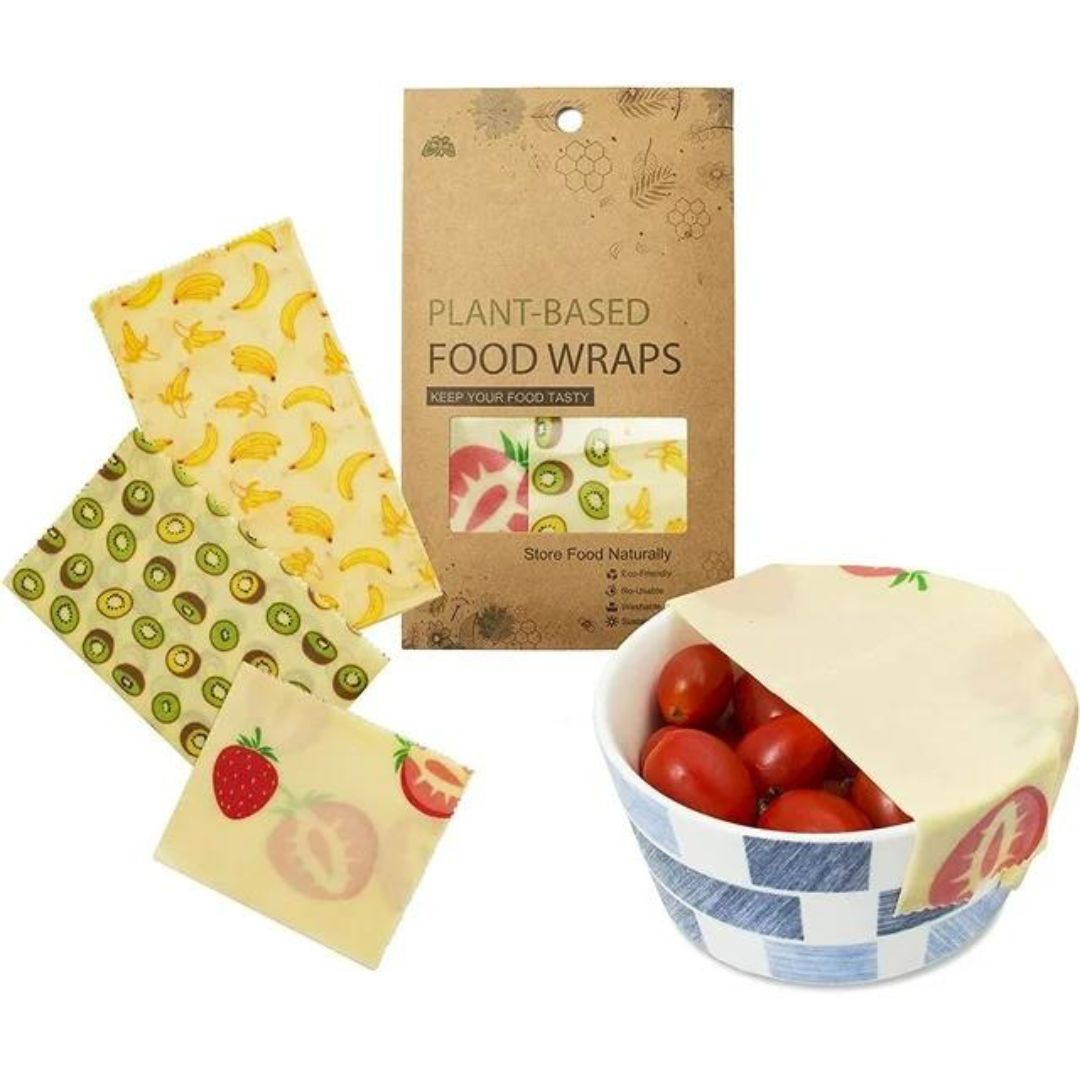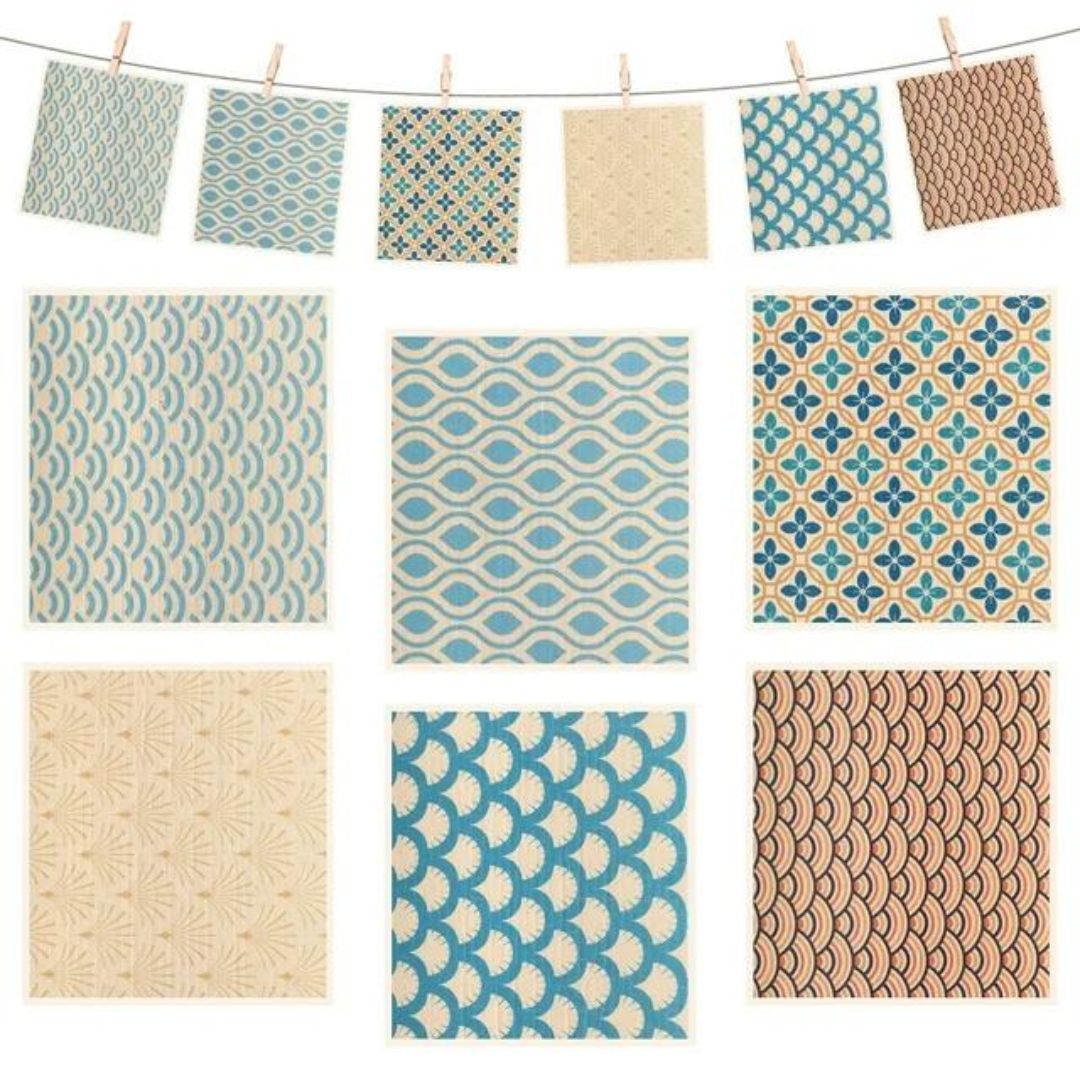You should stop buying these 8 items for an easier life, say minimalists and pro organizers
You will never see these eight items in a minimalist home – here’s why

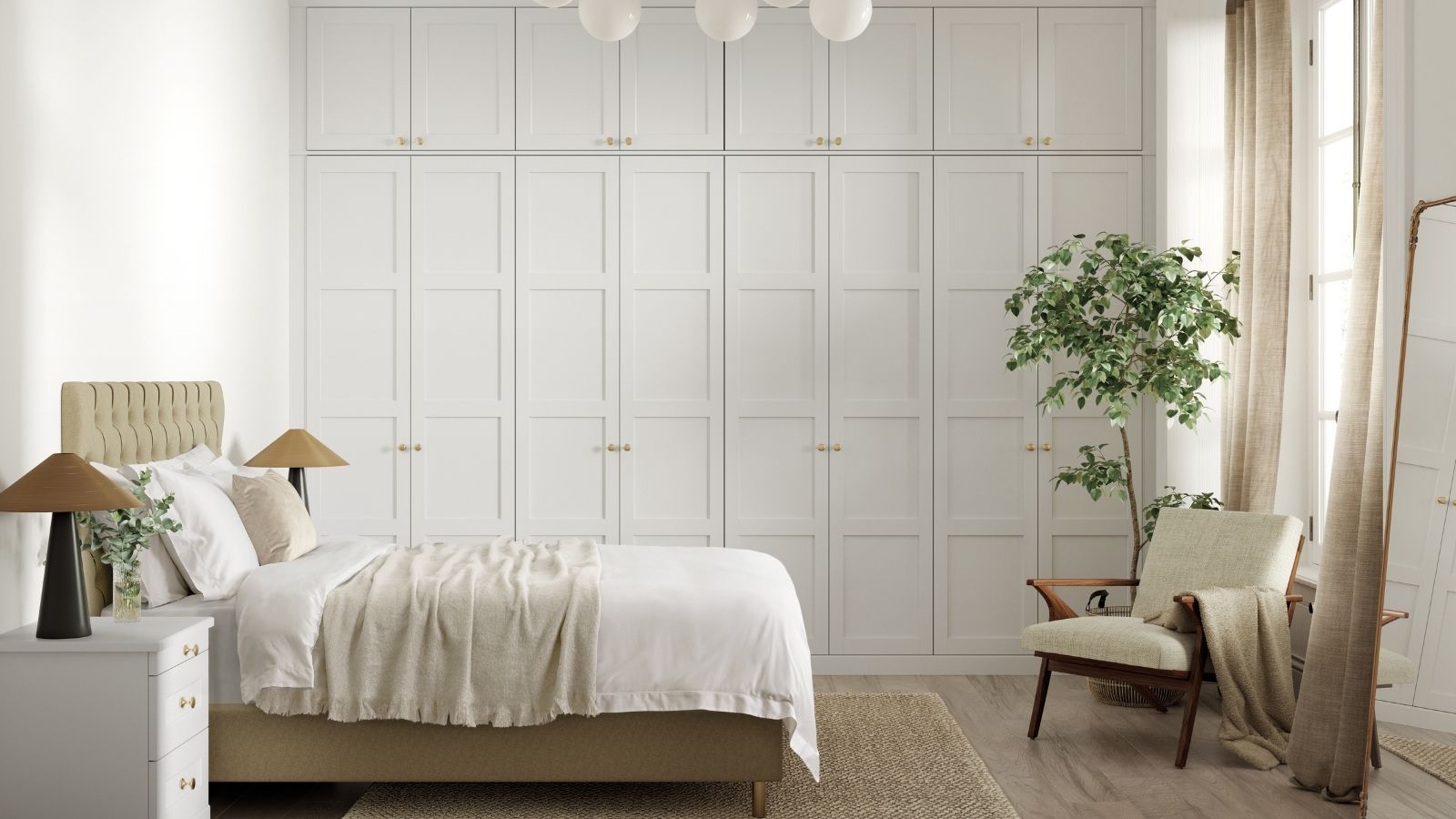
Now more than ever, it is easy to fall into the trap of overspending and over-consuming, leaving our homes and lives full of clutter and stress.
One group that seems to have risen above this, however, is minimalists. Their intentional lifestyle has helped them perfect a philosophy of conscious consumerism, resulting in less clutter, mess, and stress overall.
But how do they do it? Besides adhering to decluttering strategies minimalists swear by, they also set themselves some strict spending rules. In fact, there are some things minimalists never buy for an easier life – this is how you can do the same.
8 things minimalists never buy
These eight items fill up storage space that could be spent on bigger and better things. Here’s how to encourage minimalism at home through your spending habits, according to professional organizers and declutterers.
1. Physical subscriptions

We live in a world of subscriptions – be it streaming services or your weekly food delivery. These can make life very convenient but physical subscriptions can amount to a serious amount of clutter or waste, especially when it comes to home decor or beauty subscriptions. As a result, minimalists tend to avoid them, says Katy Wells, professional declutterer and founder of The Clutter Cure Club:
‘Minimalists tend to avoid physical subscriptions, like various clubs that deliver items regularly. These subscriptions often lead to a buildup of items that aren’t necessarily needed or valued. They can clutter up space both physically and mentally, with the constant influx of new items requiring management and decision-making.
‘Minimalists prefer to consciously choose what enters their space, ensuring everything has a purpose or brings joy – it’s a great hack minimalists depend on to keep their homes tidy.’
Design expertise in your inbox – from inspiring decorating ideas and beautiful celebrity homes to practical gardening advice and shopping round-ups.
2. Duplicates
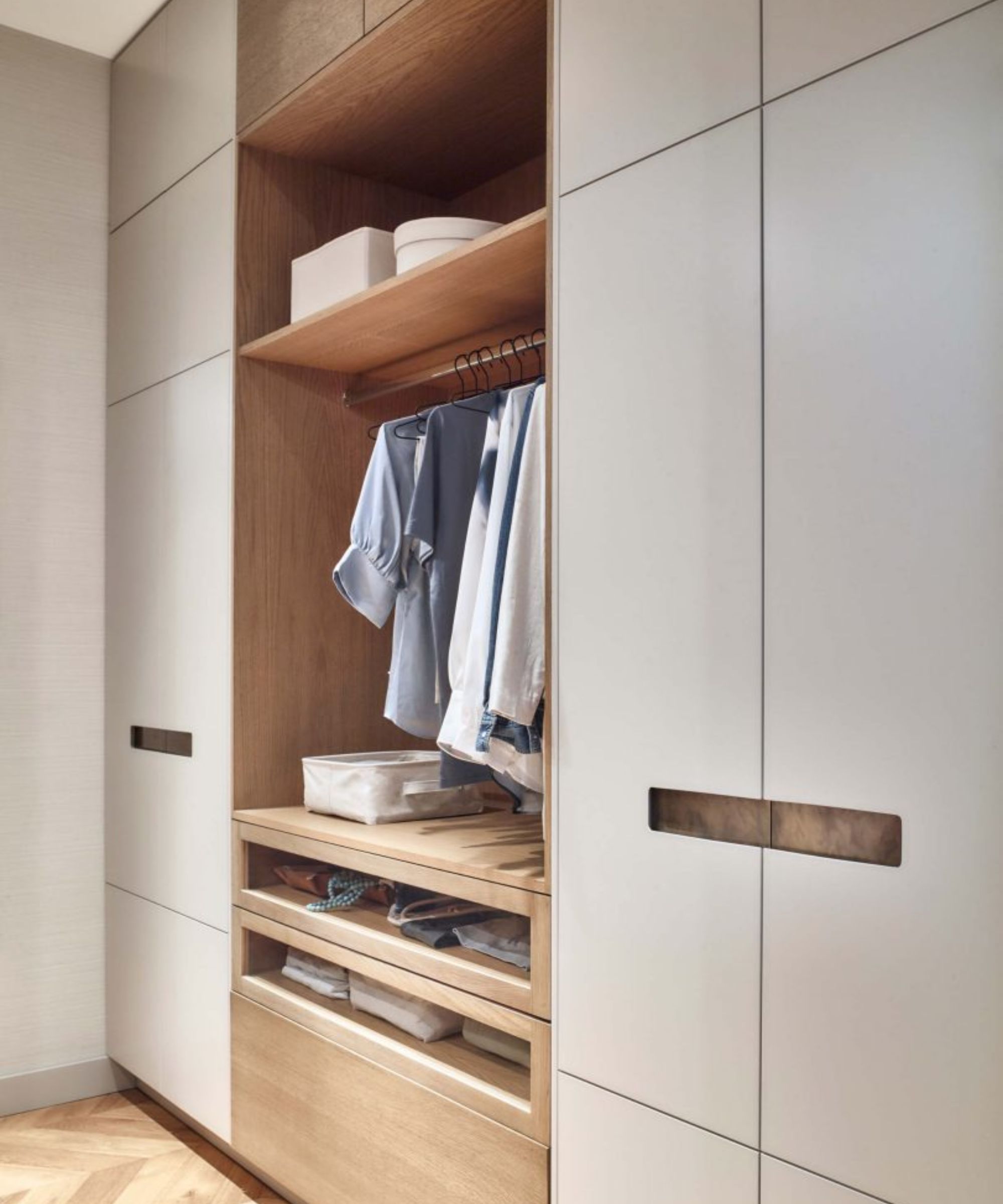
Whether you are striving for more minimalist living room ideas or minimalist kitchen ideas, one thing you will never find in a minimalist home is duplicates.
‘When it comes to clutter, many of my clients discover they have duplicates of items such as two irons or three graters or even two copies of the same book. Why? Because when we are overwhelmed with clutter we can't always see what we have or find what we are looking for and buy duplicates,’ Julie Leonard, decluttering coach and creator of the Simplify Your Life Programme, says. ‘Minimalists have less stuff and a place for everything and, therefore, don't make the mistake of purchasing duplicates. Duplicates create more clutter, more stuff to maintain and clean, and, of course, cost us more financially.’
3. Sale items
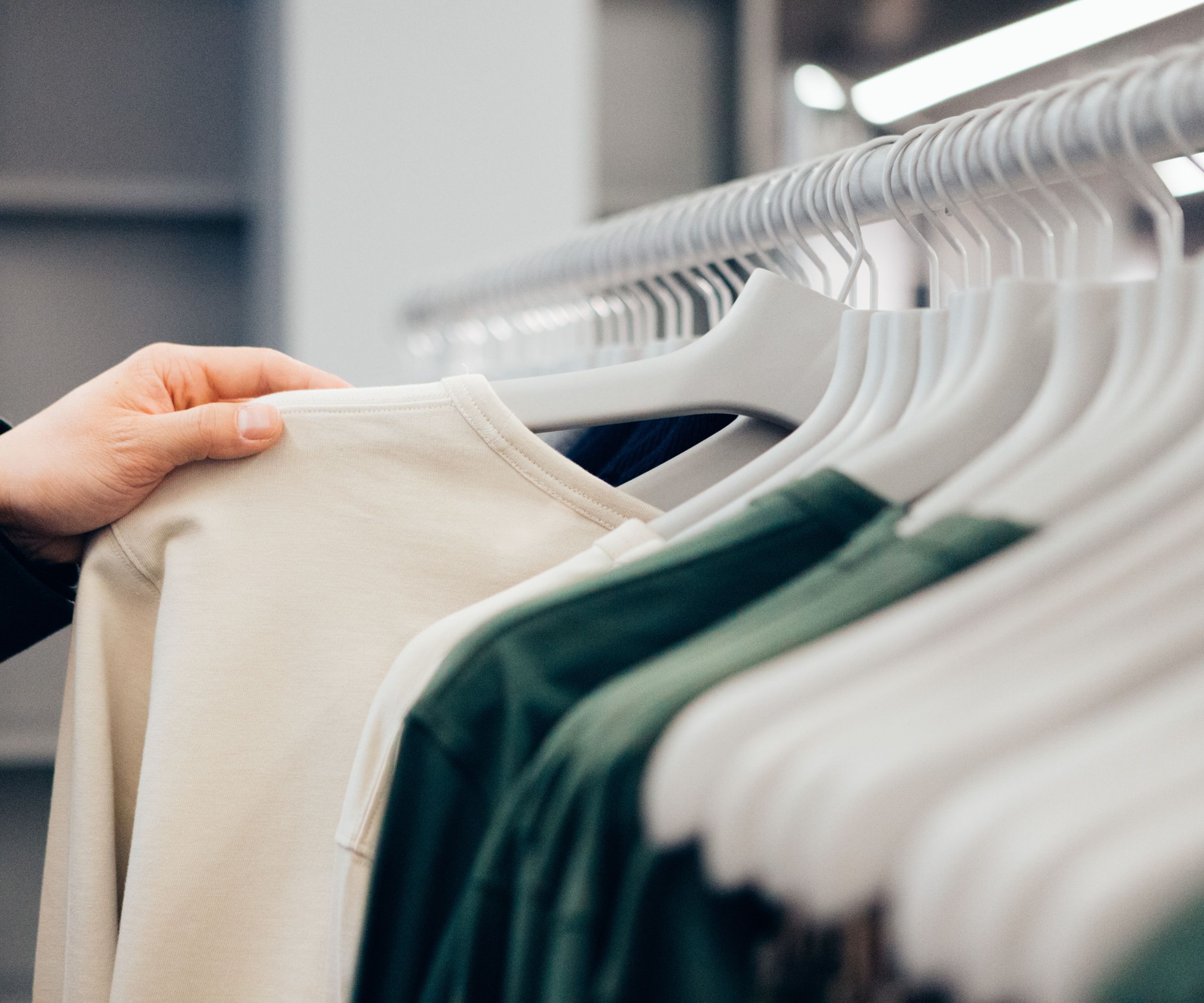
Avoiding the temptation of the sale aisle at stores comes with practise – but it is one of the several ways minimalists stop clutter before it starts, continues Katy Wells, professional declutterer:
‘It's common to get tempted by sale items, but minimalists usually steer clear of buying things just because they're on a discount. The 'bargain trap' can lead to accumulating items that aren't truly needed or don't align with one’s lifestyle or values. This approach not only prevents unnecessary clutter but also helps maintain a focus on purchasing items that genuinely enhance life, regardless of the deal.’
4. Impulse buys
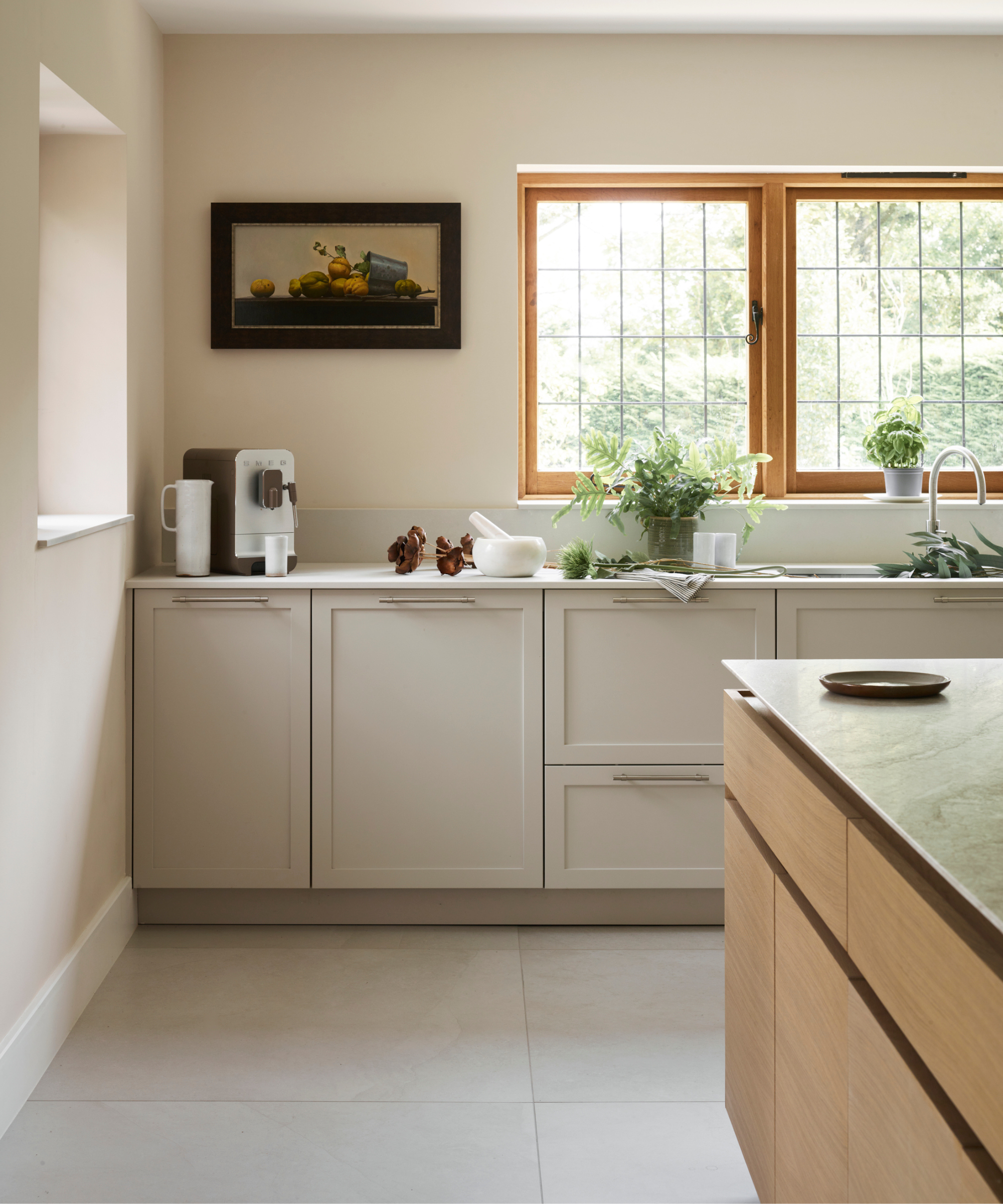
Similarly, you won’t find minimalists bringing home any last-minute purchases that aren’t needed, adds decluttering coach Julie Leonard. Instead, they use the 90+ minimalist rule, or similar, to quantify how much they really want something before taking the plunge on a purchase.
‘In my experience, minimalists are more intentional about shopping or only buying specific items of need,' says Julie. 'By following the 24-hour rule (ie. sleep on it) you can often override the impulse to buy something and will find that the majority of the time, you no longer desire the item the next day. This way you reduce clutter, avoid buyer's remorse, and save money at home too.’
It can also help to avoid online window shopping to avoid the temptation of adding things to your cart when you don’t need them.
5. Disposable items
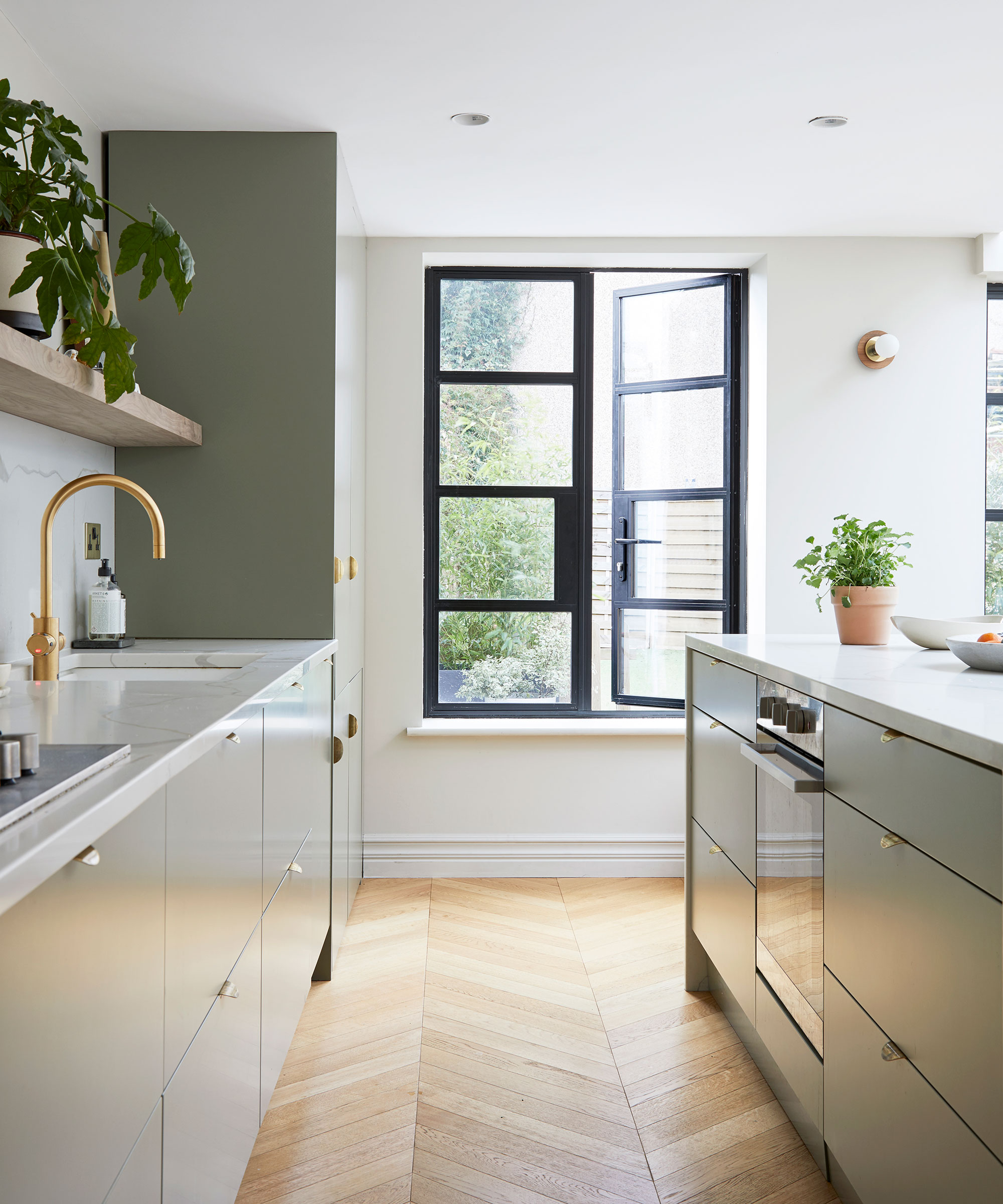
Another key cause of clutter minimalists avoid is single-use times, points out C. Lee Cawley, expert home organizer and founder of Simplify You – and it is a great life swap if you are looking to be more sustainable at home.
‘Anything disposable creates clutter and contributes to waste,’ C. Lee says, which is why these items are among the things minimalists always throw out daily. ‘Minimalists avoid single-use items like paper towels, plastic wrap, or disposable coffee cups and instead opt for reusable alternatives like cloth towels, beeswax wraps, and travel mugs. This not only simplifies their lives but also reduces their environmental impact.’
6. Uni-tasking items
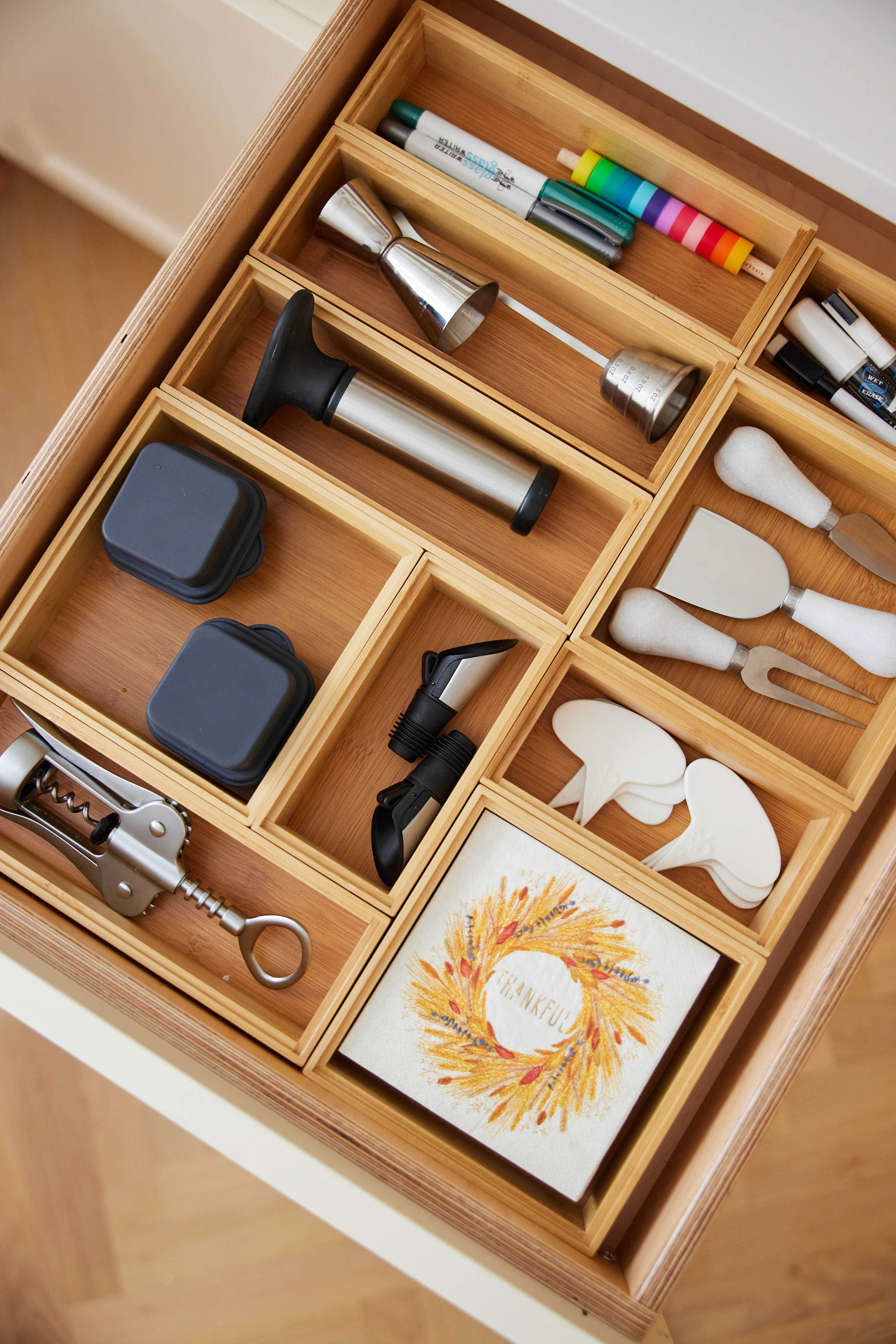
‘Minimalists usually don't invest in gadgets that serve only one purpose, like a banana slicer or an egg separator – these are certainly some of the items to get rid of for a minimalist kitchen,’ urges Katy Wells, professional declutterer. ‘These items can crowd kitchen space and are often unnecessary. Instead, I prefer multi-functional tools that are efficient in use and storage.’
Of course, if you regularly use your uni-taskers, and they do provide some benefit in everyday life then they can be held onto – but be sure to recycle the rest.
7. Books
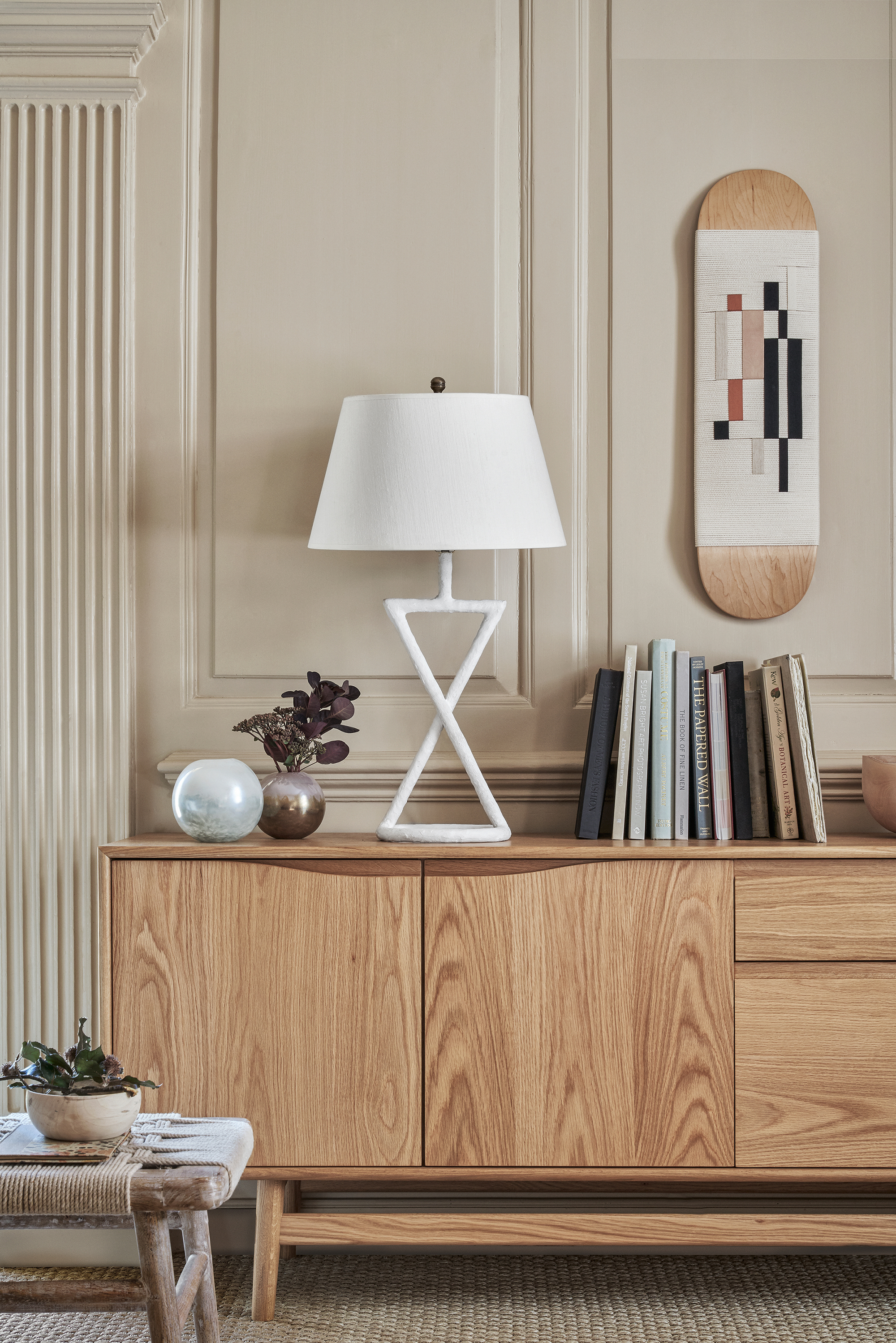
This might seem like a shocking item to not buy, but minimalists aren’t ‘anti-book’ assures Julie Leonard, decluttering coach. Rather than buying new and decluttering books on the regular, minimalists are far more likely to borrow books from libraries or swap books for free, she explains.
‘As a book lover, this one has been hard for me, but if minimalists do purchase any books they usually don't hold on to them and let them go onto new homes to be enjoyed elsewhere.’
8. Trendy decor
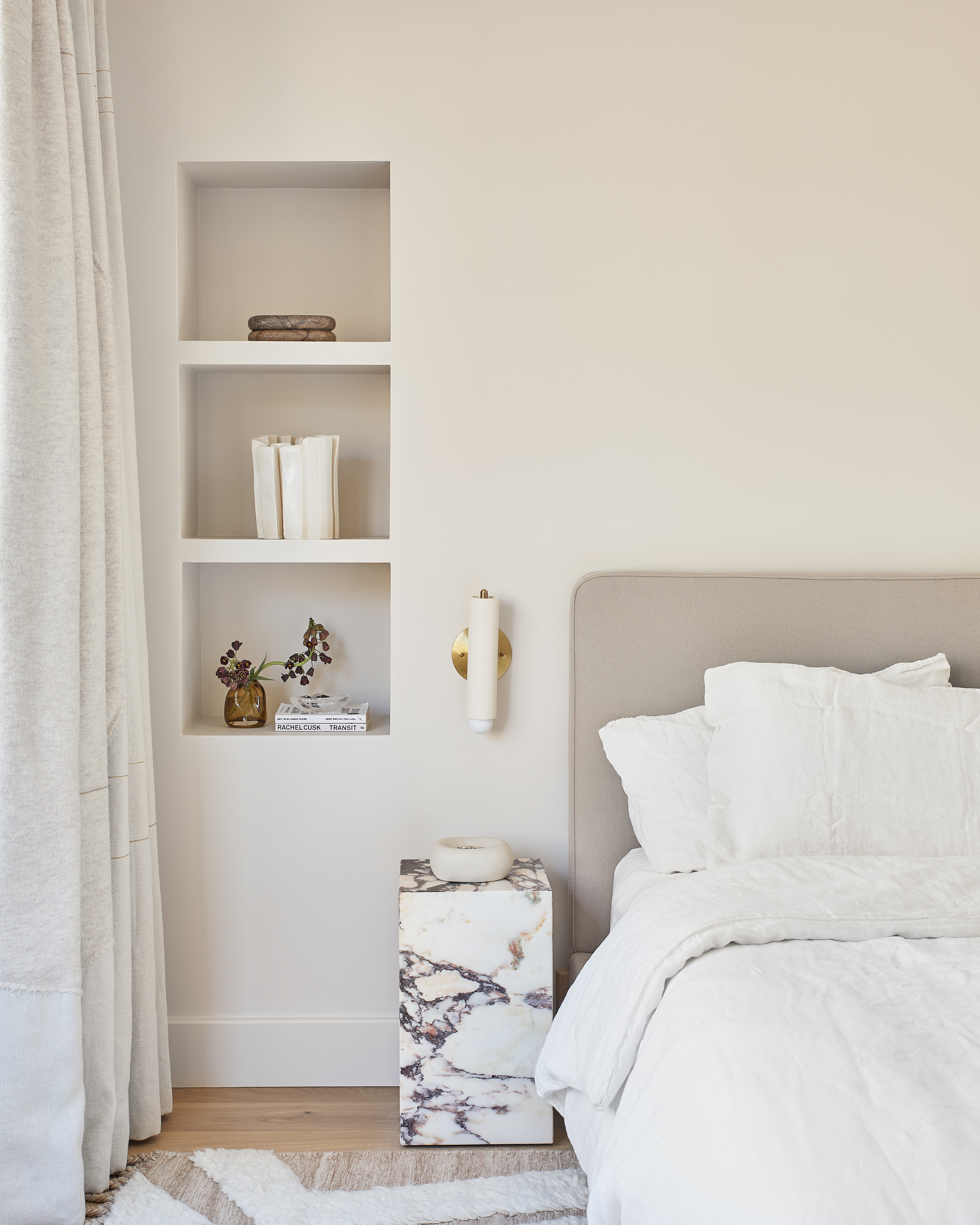
Although there is nothing wrong with trying out the latest interior design trends, in fact, we actively encourage experimentation, minimalists will not be quick to buy into the latest passing fads for the sake of staying relevant, warns C. Lee Cawley, expert home organizer.
‘Minimalists are intentional with their purchases. They avoid impulse buys or trendy decor that might quickly feel outdated. Instead, they invest in timeless pieces that they truly love and will bring them joy for a long time,’ she explains. ‘This creates a more serene and calming atmosphere in their homes.’
FAQs
What do minimalists spend their money on?
Just because minimalists are more intentional with how they spend, doesn't mean they don't spend at all. Minimalists are more likely to spend their money on items that they value or need, rather than impulse spend. This way, any item they bring into their home serves a purpose, and it will not be left to clutter up storage when they grow bored of it.
What is toxic minimalism?
‘Toxic’ minimalism is described as a severe form of minimalism, encouraging or forcing people to buy only what they strictly need and nothing else. While this can be good in the short term to help with saving or budgeting, it can be damaging to your mental health in the long run as you deprive yourself of any wants or desires – ultimately impacting your happiness.
When practicing minimalism, it is still important to treat yourself now and then to items that bring you joy, not just function.
The minimalist way of life might not be for everyone, but following just a few of their rules is a great way to cut down on clutter and make home organizing far simpler – after all, who doesn't want to make everyday life that little bit easier?

Chiana is Homes & Gardens’ kitchen appliances editor. With a lifelong passion for cooking and baking, she grew up experimenting in the kitchen every weekend with her baking-extraordinaire Mom, and has developed a great understanding of how tools and appliances can make or break your ideal relaxing kitchen routine.

